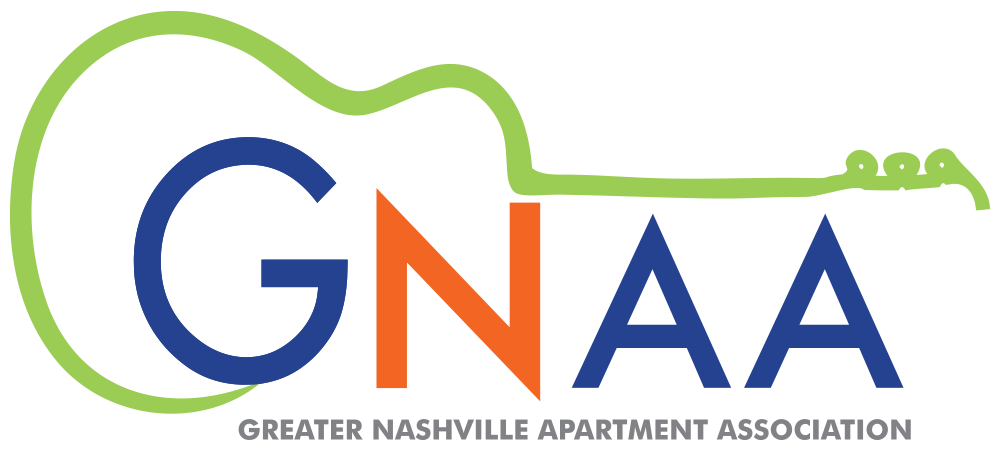Housing Providers Win Major Victory Against Unlawful CDC Eviction Moratorium
Housing Providers Win Major Victory Against Unlawful CDC Eviction Moratorium — Here’s How You Can Join the Fight
In a landmark case challenging the constitutionality of the CDC’s nationwide eviction moratorium, a federal judge has ruled in favor of housing providers. This decision is a critical step toward holding the federal government accountable for the sweeping financial and constitutional damage inflicted on landlords during the pandemic.
Case Background
At the height of COVID-19, the Centers for Disease Control and Prevention (CDC) issued a nationwide eviction moratorium—effectively barring housing providers from removing tenants for nonpayment, regardless of state law or lease agreements. This unprecedented move, unsupported by congressional approval, placed the entire financial burden of housing the nation on the shoulders of individual landlords, many of whom were small property owners struggling to survive.
The lawsuit, spearheaded by several housing providers and supported by legal advocacy groups, argued that the CDC had overstepped its authority. The moratorium violated both the U.S. Constitution and housing providers’ rights under property and contract law. The Court agreed.
The Legal Win
The federal court has now ruled that the CDC's moratorium was unlawful and that housing providers who were prevented from enforcing their leases have standing to seek damages. This decision paves the way for landlords across the country to demand accountability and compensation for their losses.
This case is not just a legal victory—it’s a vindication for every housing provider who complied with the law, honored their lease agreements, and was punished for doing so.
How to Join the Lawsuit
If you were unable to evict non-paying residents because of the CDC’s eviction moratorium, you may be entitled to compensation. The legal team is currently accepting additional plaintiffs.
To learn more and opt in, visit: https://cdcevictionlawsuit.com
You’ll find eligibility criteria, FAQs, and instructions on how to join the litigation. Time may be limited, so we encourage all affected landlords to act promptly.

